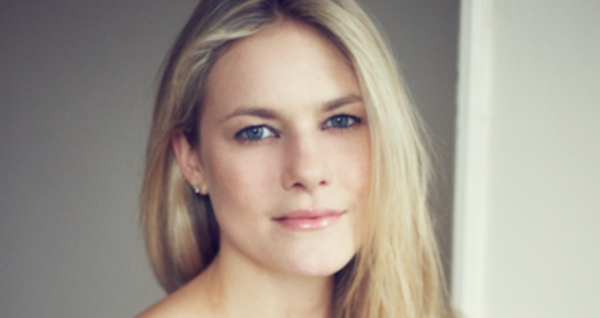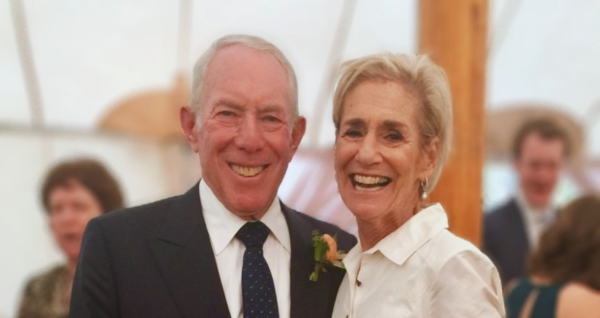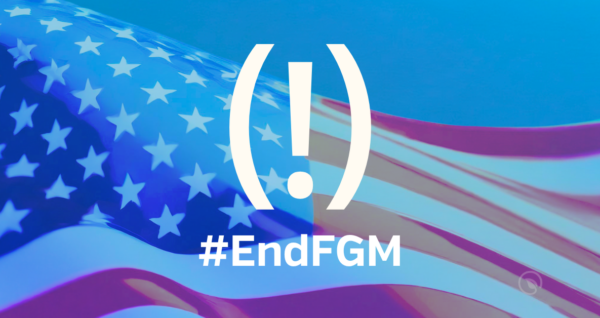For going above and beyond to provide Sanctuary with curated children’s libraries and weekly, healthy snacks — extending far beyond her arts education-based organization, Wide Rainbow.
Ashley Gail Harris (Ash) is the Founder and Executive Director of Wide Rainbow, a contemporary art after-school program. Wide Rainbow is a pillar for young children as a non-profit connecting artists of all disciplines, from all over the world, with low-income neighborhoods with limited or no access to the arts or arts education.
For almost a decade Ash and her amazing team have successfully created meaningful after-school programing within schools, community centers, and non-profits throughout the boroughs of NYC as well as serving communities in Long Island, Los Angeles, and Detroit. When COVID-19 forced the shutdown of all of the schools and additional sites where Wide Rainbow was providing programming, Ash knew she needed to continue to provide in some way for those in the communities whose lives she had meaningfully touched. Like so many, she creatively innovated new ways to support children and families that went far outside Wide Rainbow’s mission focused on arts education.
“Since the onset of the pandemic we have been focused on essential donations including meal distribution, art supplies, books, libraries, mask-making art projects, etc. Developing sustained programs for meal distribution & nutrition that could feed hearts, souls, and imaginations during these uncertain times.” ~Ashley Gail Harris
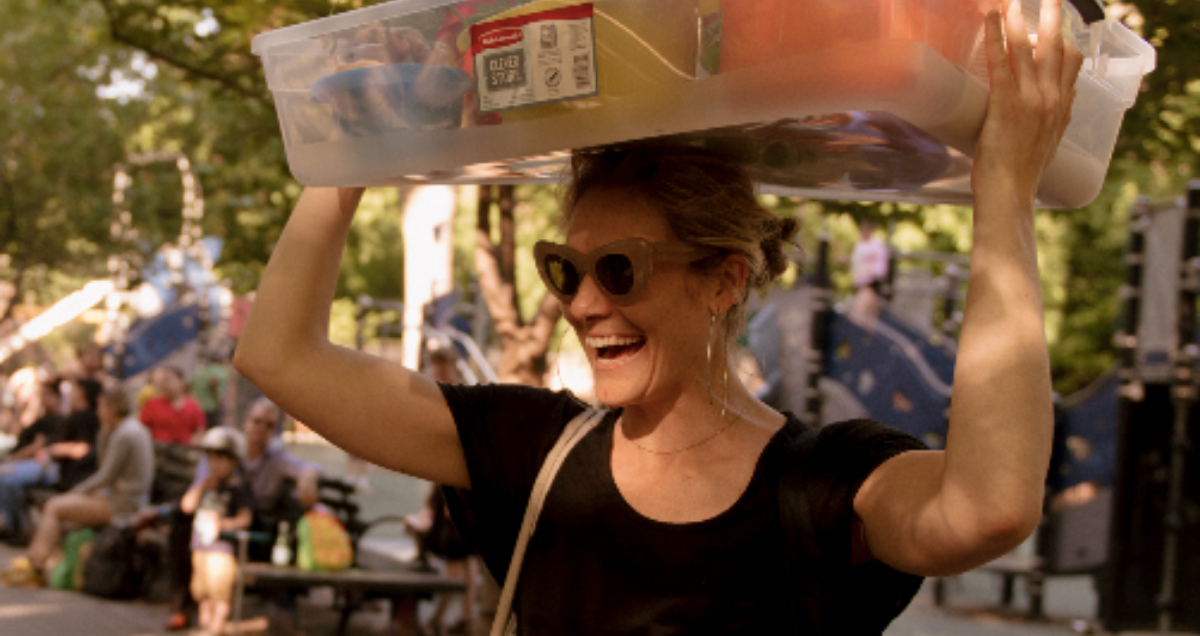
Ash reached out to Sanctuary for Families in the spring of 2020 and has been a steadfast supporter ever since. Over the past two years, she has donated countless hours and items. All of Sanctuary’s five shelters receive a weekly delivery of snack packs which include yogurt, a piece of fresh fruit, and a homemade granola bar. This is all made possible through Wide Rainbow’s partnership with Green Top Farms founded by a fifth-generation farmer turned NYC school teacher looking to connect local farms with urban communities. Under Ash’s leadership and with the support of an incredible group of artists, Wide Rainbow has also found a way to share dynamic art lessons remotely with all of her community partners, including Sanctuary.
Sanctuary’s Director of Corporate and Volunteer Relations, Emily Lo Bue, shared, “With all of the challenges that the pandemic brought to small non-profits, it would have been incredible if Ash was only able to find a way to get Wide Rainbow’s arts education lessons online – an amazing feat on its own. Instead, she did this and so much more. It has been awe-inspiring and filled all of us at Sanctuary with so much hope, to get to know Ash and see everything that she’s been able to achieve and donate to so many communities. Wide Rainbow has been a bright light during some of the darkest times for survivors of gender violence. We are beyond grateful for all that she has given Sanctuary.”
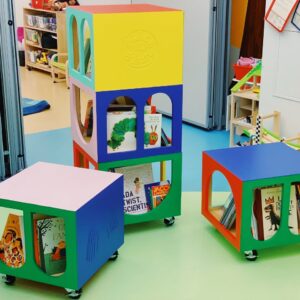
Another example of Ash’s ingenuity was her partnership with architects Melissa and Amanda Shin. This collaborative team designed, built, and donated multiple moveable libraries filled with books curated by librarian and arts educator, Asmaa Walton, of the Black Art Library.
Sanctuary was lucky to receive two of these libraries – one for our Children’s Program at our Manhattan office and another for our large transitional shelter, Sarah Burke House. Delivering the mobile library to Sarah Burke House, was a memorable highlight for Wide Rainbow. Ash shared, “Because of this group effort, we were able to safely share a memorable afternoon of reading with the families uptown”.
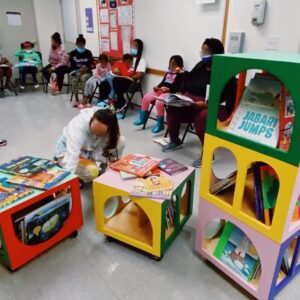
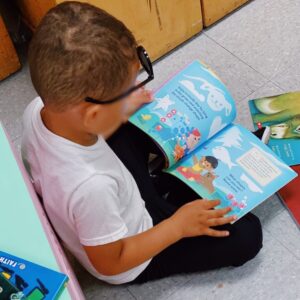
Thank you to Ashley and everyone at Wide Rainbow. Due to your commitment to nourishing hearts, souls, and imaginations, those at Sanctuary have been abundantly impacted by your donations and generosity over the last two years.
—
To learn more about Ashley Gail Harris and her work, please join us on April 27th from 12:30 – 1 PM at our virtual Pillars of Change.
